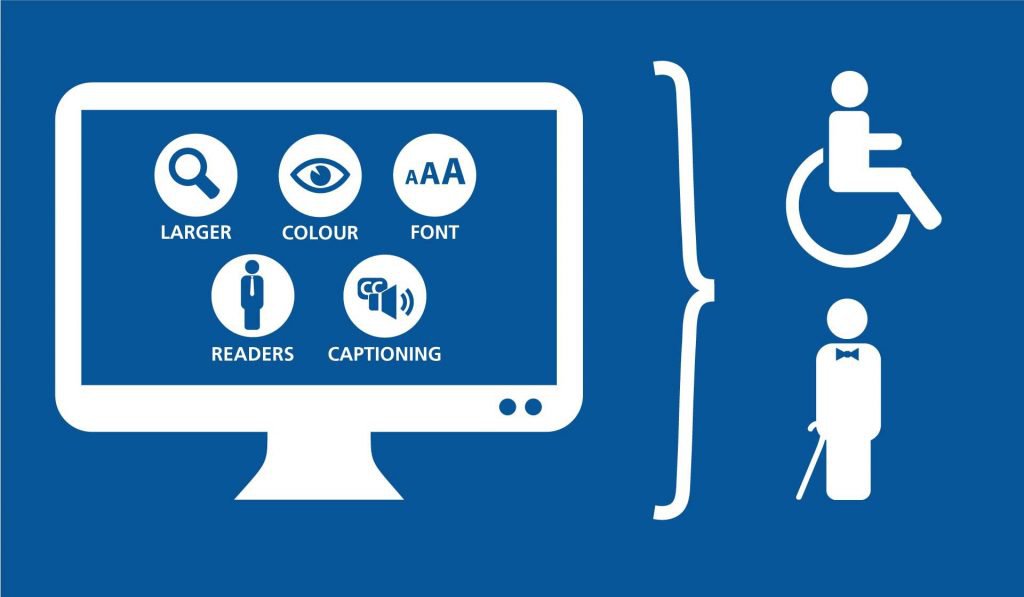
Businesses, especially retail, will be more reliant than ever on their website performance and accessibility in the post-COVID-19 marketplace. Consumers' dependence on websites for retail purposes --- and for just navigating through life --- will escalate rapidly. And with that, so will scrutiny of website accessibility to persons with disabilities.
Some companies who have been or are being sued include Netflix, Dominos, Harvard, Winn-Dixie, Warby Parker, Shake Shack, Nordstrom, and more. An important takeaway: the website does not have to represent a brick and mortar business or solely e-commerce to be open to lawsuits.
According to reports, the number of federal lawsuits filed under Title III of the Americans with Disabilities Act (ADA) increased by 177 percent in 2018. 2019 filings were expected to exceed 3,000 lawsuits.
In the case, Andrews v. Blick Art Materials (EDNY 2017), The Third, Sixth, Ninth and Eleventh Circuits hold that “the inaccessible website of a brick-and-mortar retail store could run afoul of the ADA if the website’s inaccessibility interferes with the ‘full and equal enjoyment’ of the goods and services offered at the physical store, but a business that operates solely through the Internet and has no customer-facing location is under no obligation to make their website accessible."
Although there have been limits on the settlement amounts allowed in these suits in places, lawyers are free to collect their regular legal fees. This has resulted in a trend of lawyers cashing in on suits demanding ADA-compliant websites.
VanNoppen Marketing has the tools to audit your website for ADA compliance, make recommendations based on that audit, and institute the changes required to make your website ADA compliant. Call us before the attorneys call you!